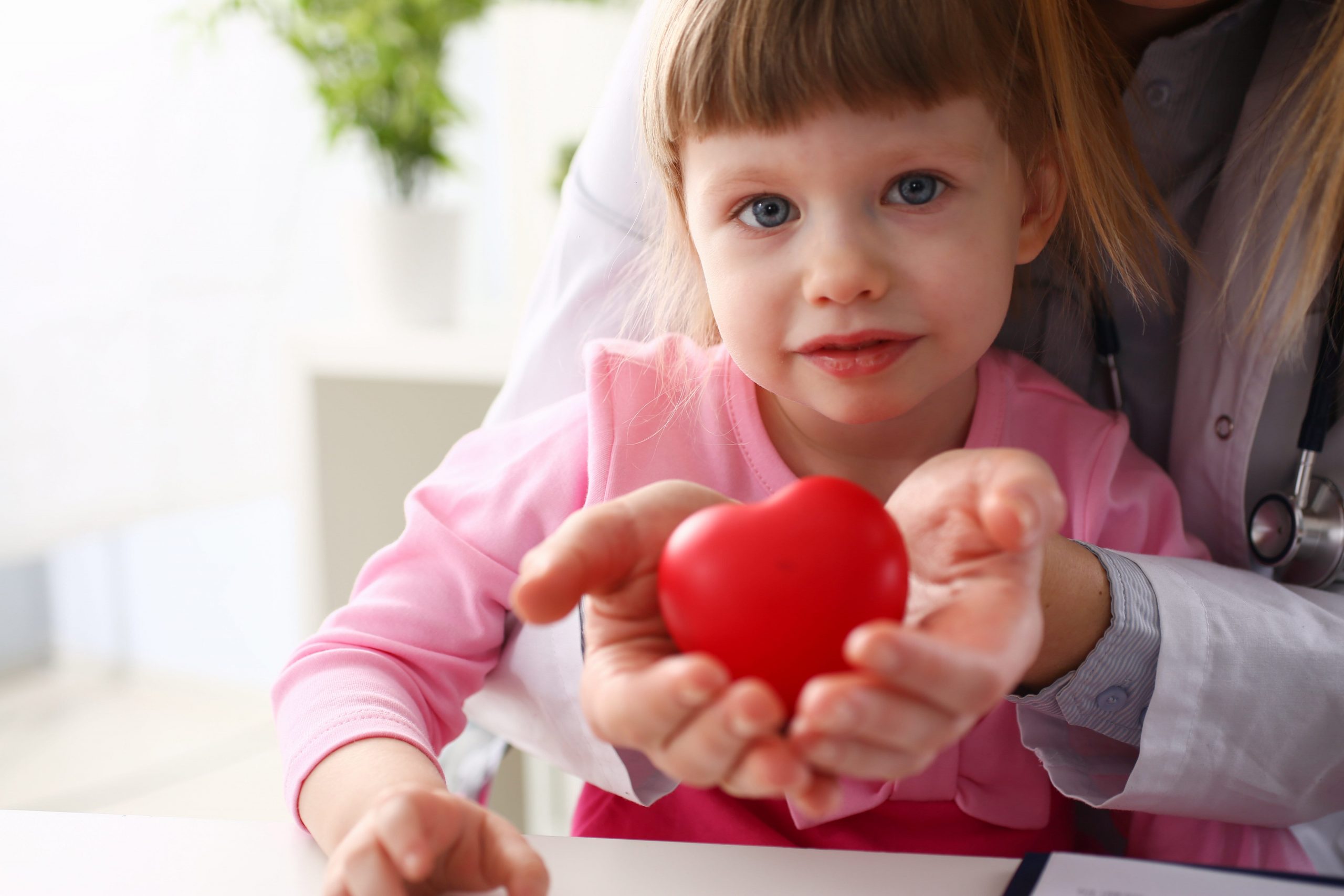Selbsthilfegruppen und Netzwerke für Familien, die vor einer Diagnose stehen
Für viele Familien kann der Weg zu einer Diagnose lang und schwierig sein.
Es kann viele Hindernisse auf dem Weg geben, darunter:
- Mangel an Zugang zu der richtigen medizinischen Versorgung, Spezialisten und Pflege.
- Fehlender Zugang zu den richtigen Informationen über das mögliche genetische Syndrom oder die seltene Krankheit, mit der die Familie konfrontiert ist.
- Die Möglichkeit einer Fehldiagnose.
- Sie sind auf einer diagnostischen Reise gestrandet und wissen nicht, wo und wie Sie auf die richtigen Informationen oder medizinischen Fachkräfte zugreifen und testen können, um eine Diagnose zu erhalten.
- Mangel an Unterstützung, wenn die Familie durch eine neue Realität und Zukunft navigiert.
Ensuring families have access to the right medical care is, of course, essential. But equally important is that families are supported through their diagnostic journey, or in some cases their Diagnostische Odyssee, to a diagnosis and beyond by other patients and their families with the same rare genetic syndrome.
Selbsthilfegruppen und ihre Netzwerke sind ein wesentlicher Bestandteil dieser Unterstützung. Sie verbinden Familien mit anderen Familien, die ähnliche Erfahrungen gemacht haben, und sie können Familien durch eine Diagnose und darüber hinaus erziehen, informieren und begleiten. Viele von ihnen sind auch an der Anwaltschaftsarbeit für Patienten mit seltenen Krankheiten in der Öffentlichkeit beteiligt und bemühen sich, ein größeres Bewusstsein für bestimmte seltene genetische Syndromes und die von ihnen betroffenen Personen zu schaffen.
MPS-Gesellschaft:
Providing support for families and patients with MPS (Mucopolysaccharide), Fabry, and related disorders. This UK-based support group was founded in 1982 and aims to further research and treatment into rare genetic syndromes and their symptoms.
Nationale Vereinigung für Down-Syndrom:
This organization engages in advocacy, research, and support for Down Syndrom patients and their families. This US-based association is committed to furthering public policy on Down syndrome and educating both families and the general public about down syndrome.
Williams-Syndrom-Vereinigung:
This association for Williams syndrome was established in 1982. It provides both day to day support for patients and their families, as well as more long term education, research, and advocacy for the syndrome. They also offer support for specific educational strategies to help Williams syndrome children in school.
Vereinigung zur Sensibilisierung für das Mittagssyndrom:
This Australian based support group works closely with medical professionals to improve the diagnosis rate while reducing the rate of misdiagnosis for Noonen Syndrom families. They support both medical professionals and families in coming to a Noonan syndrome diagnosis and managing the care of those affected with the syndrome.
Connecting patients and their families with the tools and support to ensure they receive a faster, more accurate genetic analysis and diagnosis is essential in improving the outcomes for individuals with a rare disease. Support groups and genetic counselors worldwide are offering crucial and critical services for families, and the public, as they advocate for the needs of rare disease patients.
A professional will enrich one’s understanding of certain rare genetic syndromes including Aarskog-Scott syndrome and others. Booking a session with a genetic counselor will be incredibly beneficial in supporting you and your loved ones in fully understanding the diagnosis and targeting pathways for treatment.








